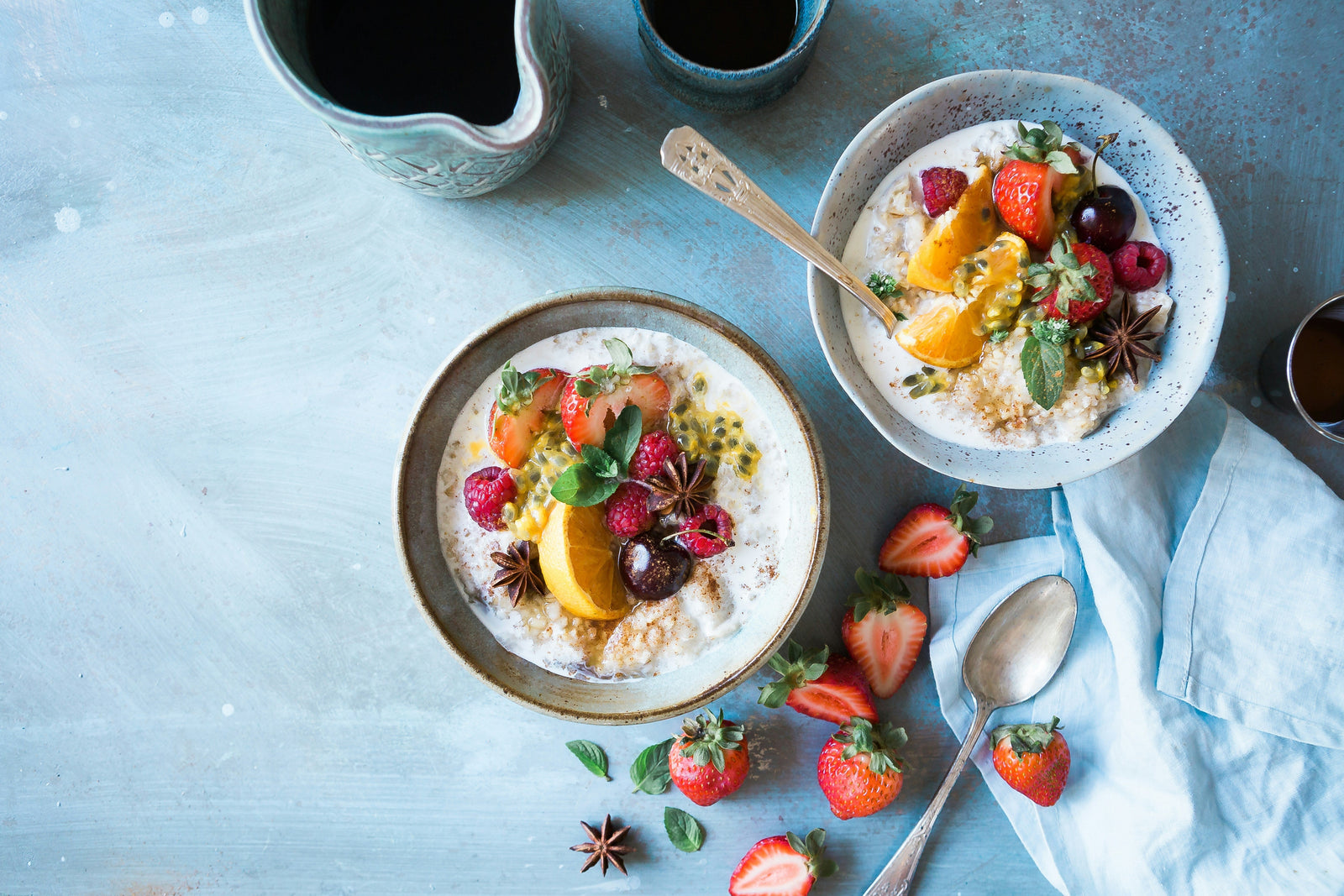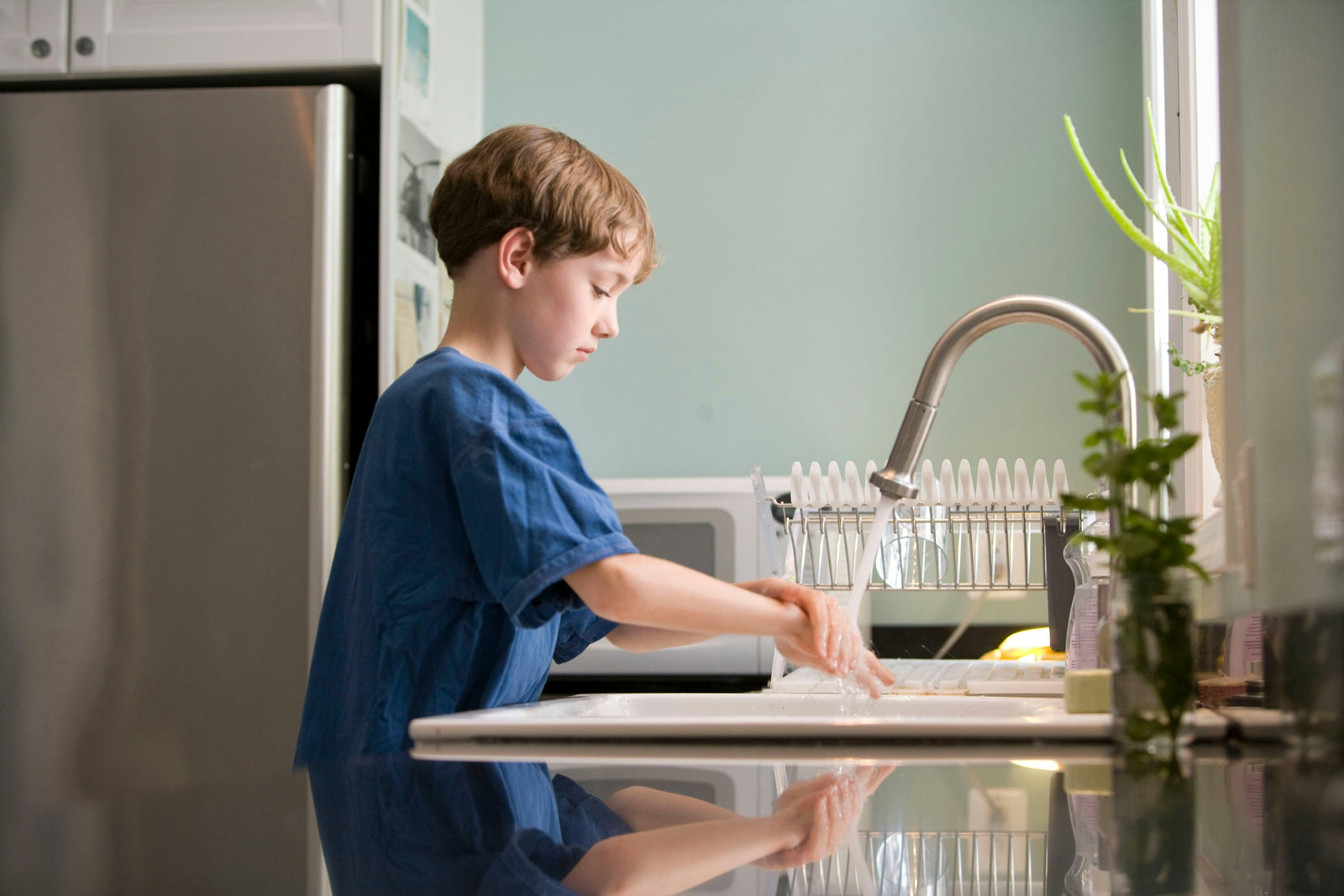Your Cart is Empty
Continue shoppingHow Outdoor Play Can Help Kid's Immunity
Medically Reviewed by May Zhu, RDN | Published December 18, 2023
share this article

Did you know that outdoor play can help boost a kid's immunity [1]? In today's digital age, where screens often dominate, outdoor play may just be the one underrated factor that helps support your kids' immunity. Let’s review what current research tells us about the benefits of playing outdoors for kids and how it might impact both their gut health and immunity.
Benefits of Outdoor Play on Kids Immunity
-
Vitamin D and Immune Health
Outdoor play exposes kids to sunlight, a natural source of Vitamin D. Research on Vitamin D has repeatedly shown data supporting how an adequate intake can help maintain a healthy immune system by reducing the risk for infections [5,6]. While Vitamin D can be found in foods such as salmon, mushroom and egg yolks, a major source for most humans is through skin exposure to sunlight. Vitamin D produced in the skin can last at least twice as long in the blood compared to ingested vitamin D [7].
-
Physical Activity and Immune Strength
Encouraging outdoor play promotes physical activity, a key factor in strengthening the immune system. The American Heart Association recommends at least 60 minutes of moderate to vigorous physical activity daily for kids ages 6 years and up. Exercise can help with circulation and boosts the production of antibodies and white blood cell count, both crucial elements in fighting off illnesses [8].
-
Microbial Diversity and Immune Support
Microbiomes found in soil, plants and humans are interconnected because the gut and soil microbiomes have similar bacteria compositions [10]. The soil-plant microbiome can have an effect on the gut microbiome which directly affects overall human health.
Diverse exposure to environments during outdoor play contributes to a varied microbiome in kids, particularly in their gut. Studies suggest that a diverse microbial exposure supports a robust immune system, potentially reducing the risk of allergies and autoimmune diseases [4]. Another study reveals that direct contact, even in the short-term with soil and plant materials can lead to an immediate increase in skin microbial diversity [9].
Begin Health Expert Tip
Consuming prebiotics daily can naturally support gut health by helping nourish the good bacteria in the microbiome and further optimize microbial diversity. Since 80% of our immune cells are located in the gut, an adequate prebiotic intake can help nourish the gut and support immunity in your kids [3]. For days when getting the right foods into your kiddo’s diet is a struggle, Growing Up Prebiotics can help bridge the fiber gap by providing 3g of prebiotic fiber per serving. It’s tasteless, textureless, and mixes into your little one’s water or favorite beverage for happier digestion and immune support.
Beyond Physical Benefits: Mental and Emotional Well-Being
Outdoor play and spending time in nature can help nurture mental and emotional well-being in kids. Research demonstrates that spending time outdoors reduces the risk of stress, anxiety, and depression in youths [2] This indirect impact on mental health positively influences immune function by reducing the negative effects of stress on the body.
Balancing Microbial Exposure and Hygiene
While outdoor play exposes our little ones to various environments and germs, it also strengthens their immune system by introducing it to diverse microbes [4]. To balance this out, encourage outdoor exploration while maintaining basic hygiene practices like regular handwashing. This will help strike a balance between immunity-building exposure and essential health maintenance.
Summary
Integrating outdoor play into your kid’s routine is a simple yet powerful way to nurture their immunity and overall health by increasing Vitamin D exposure, physical activity, and microbial diversity. The correlation between outdoor play and immunity also goes beyond physical benefits and helps reduce the risk of stress, anxiety, and depression in youths. While introducing new outdoor microbes can be a beneficial way to increase microbial diversity, maintaining basic hygiene practices such as regular handwashing can help strike a balance between immunity building and essential health maintenance.

Author
May Zhu, RDN
Trending

How to Choose a Baby Supplement: What Parents Need to Know
read now
5 Eczema-Safe Recipes That Soothe from the Inside Out (And Your Kids Might Actually Eat)
read now
3 Powerful Strategies to Clear Your Kid’s Eczema for Good
read now






